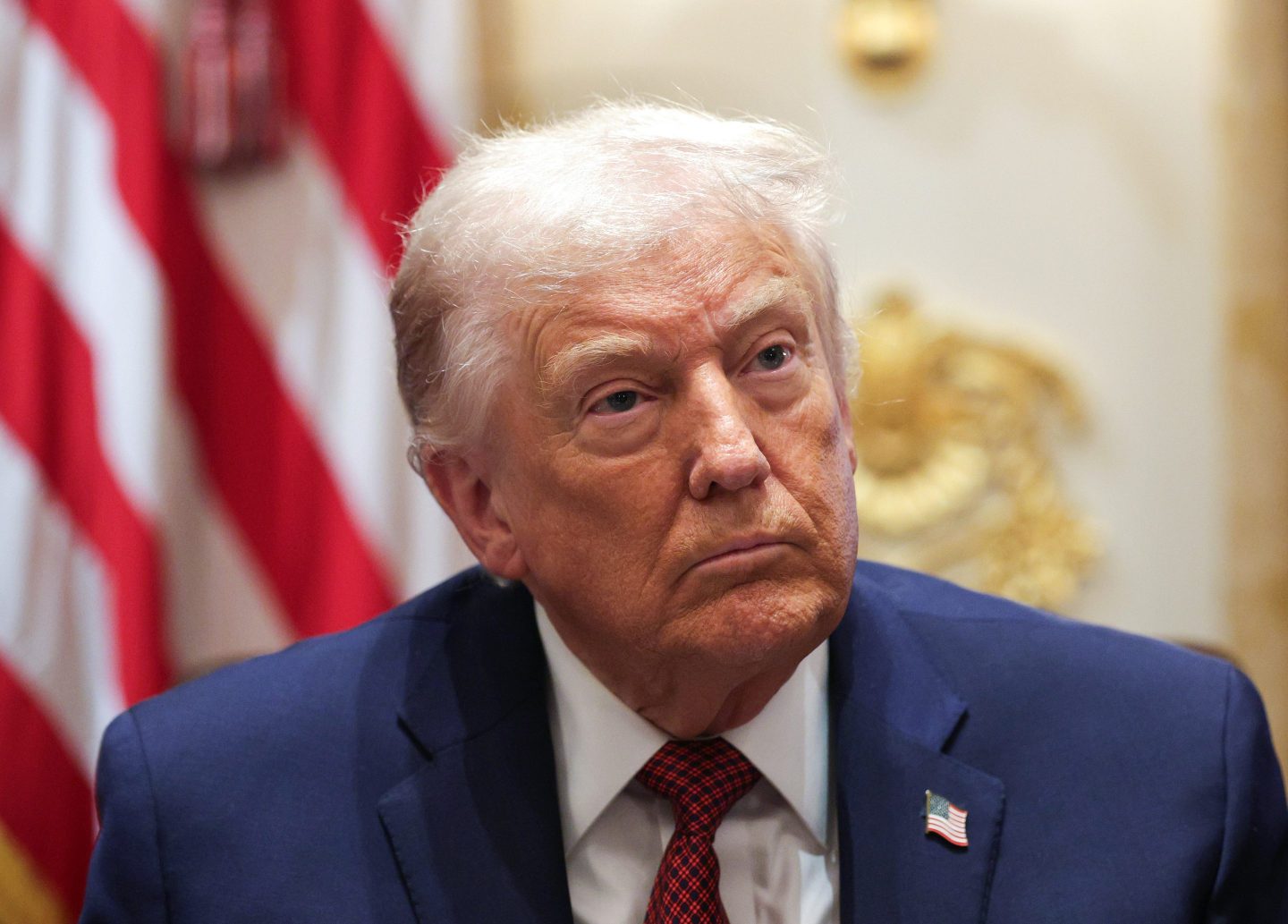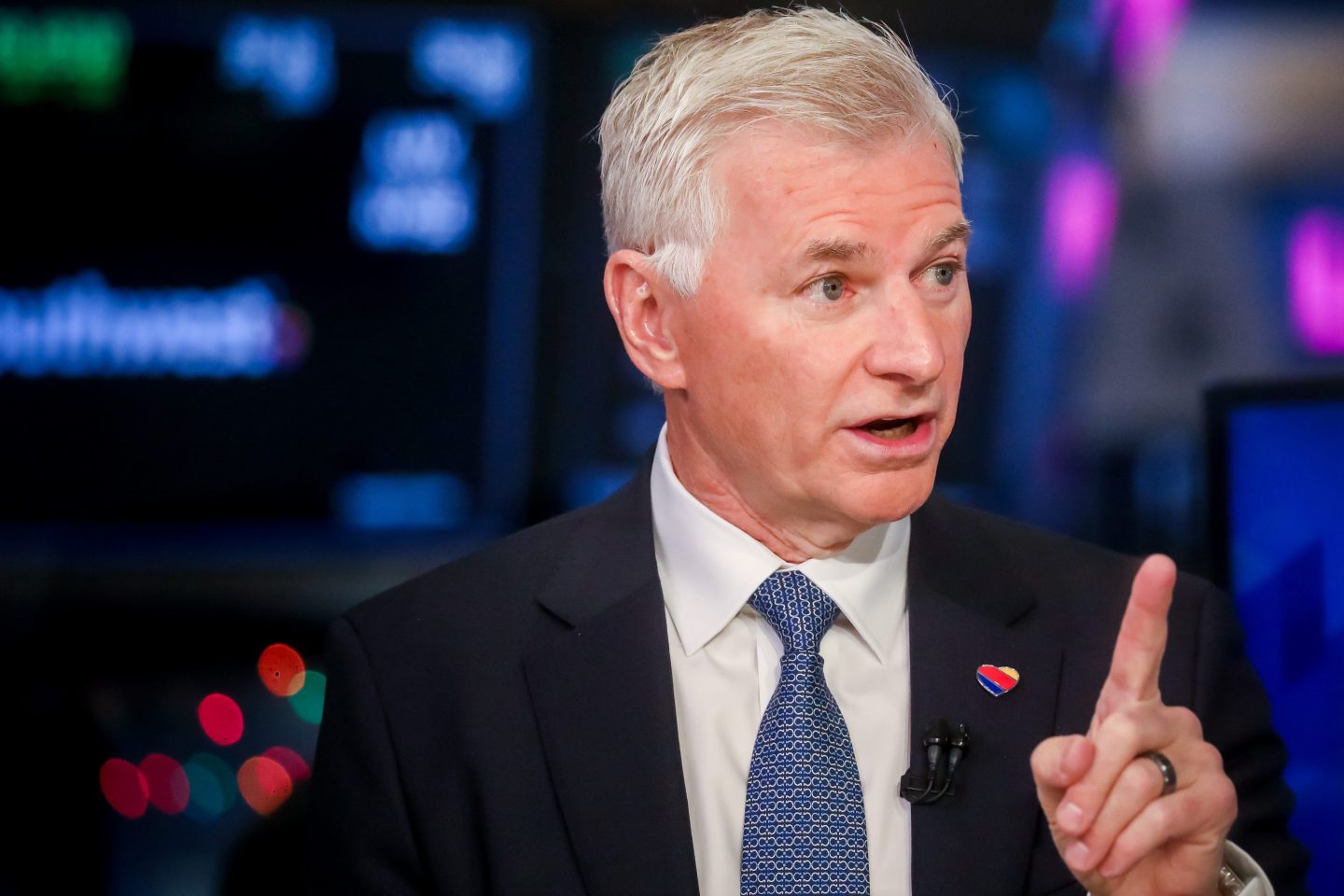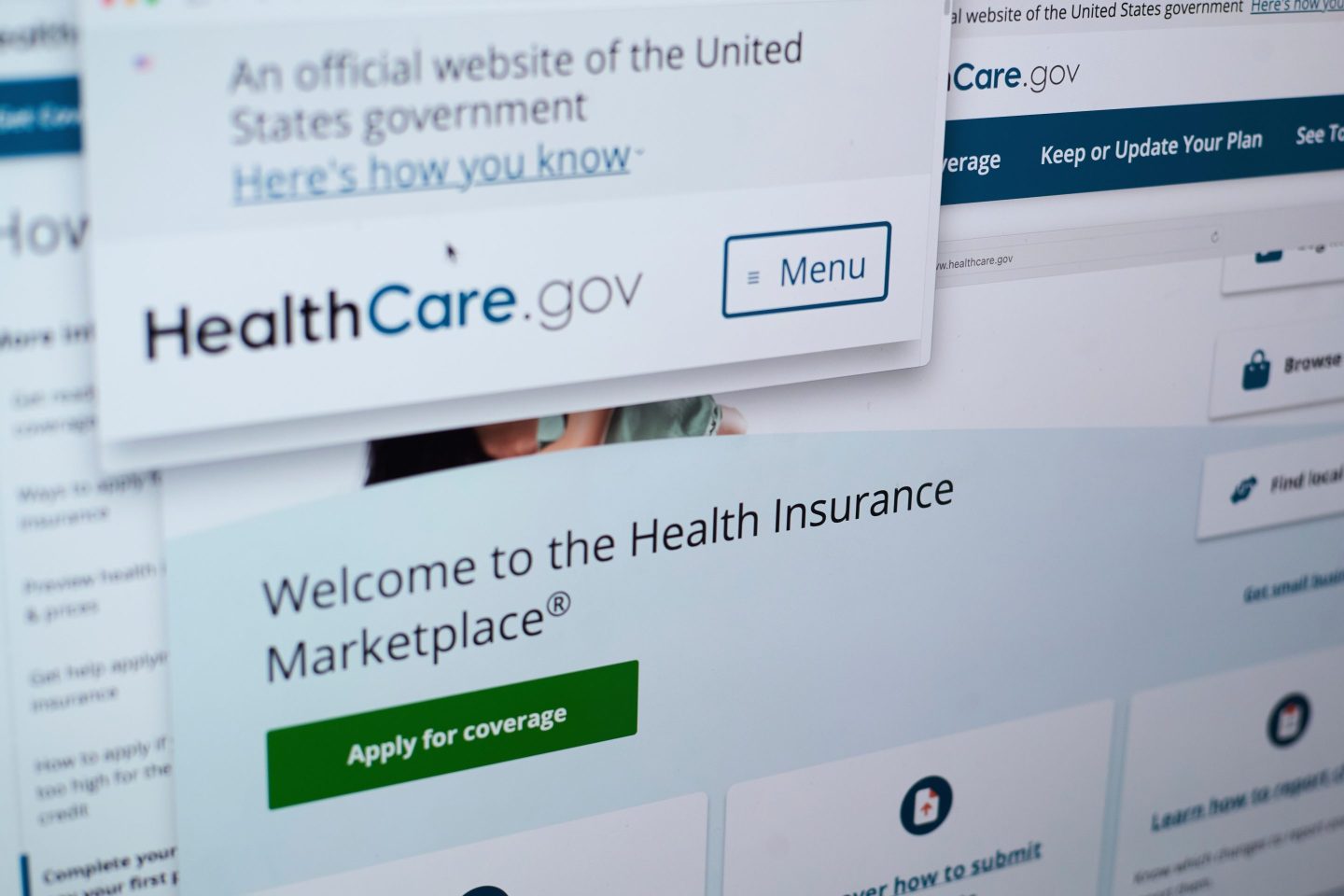Good afternoon, readers.
The political bonanza surrounding “Medicare for All” has sucked up a whole lot of media focus. But, on the ground, companies (and the government) are already experimenting with certain strategies that are a common feature of universal health care plans—including insurance giant UnitedHealthcare.
On Thursday, the company announced a new “bundled payment” program for maternal medical services and expects that nearly two dozen hospitals and provider groups will roll it out by the end of the year. Already, New Jersey’s Lifeline Medical Associates and Texas’ Privia Medical Group-Gulf Coast have signed up for the effort.
So what what is a “bundled payment?” In the U.S., much of health care is conducted on a “fee-for-service” basis. I.e., if you get a test, a procedure, and a followup, each of those things are billed separately to your insurer.
But many experts say this is a wasteful and inefficient system which incentivizes useless care that may not actually improve a patient’s life. Bundled payments take a more holistic approach and propose a single cost for a consolidated set of services.
In the case of maternal care, UnitedHealth’s new program would pay out a single sum for the entire continuum of maternal care, including prenatal, delivery, and post-partum services. This approach, the company says, can both lower costs and encourage care coordination among various medical teams, subsequently reducing the incidence of unnecessary procedures.
Put another way: Bundled payment advocates see it as a solution to the fragmented nature of American health care and the “every man for himself” approach in U.S. medicine.
Read on for the day’s news.
| Sy Mukherjee | |
| @the_sy_guy | |
| sayak.mukherjee@fortune.com |
DIGITAL HEALTH
Report: China is testing out experimental brain implants to treat addiction. Chinese scientists are reportedly treating addiction at its source: The insides of the brain (literally). Doctors in Shanghai are trying out the experimental "deep brain stimulation" treatment, CBS News reports, on patients addicted to methamphetamine or opioids. In this procedure, a device is implanted into the brain and then sends electrical currents to certain regions in an effort to mitigate cravings. The method isn't without controversy, with critics arguing that addiction is more complicated than biological factors (and warning of possible unintended consequences). (CBS News)
INDICATIONS
A blow to brain cancer treatments as Bristol-Myers drug fails study. Bristol-Myers Squibb's flagship cancer immunotherapy drug Opdivo failed a late-stage trial in a form of advanced brain cancer (glioblastoma). It's not necessarily a surprise considering just how insidious the disease is, and the complications of surpassing the blood-brain barrier to treat brain tumors. But it is a further setback to BMS' drug, which has fallen behind rival Merck's Keytruda in the massive lung cancer treatment space.
THE BIG PICTURE
Trump pushes Congress on surprise medical bill legislation. President Donald Trump on Thursday urged Congress to pass legislation to prevent surprise medical bills—a regular feature of American health care in which patients are left holding the bag for tens or even hundreds of thousands of dollars in unexpected medical costs because a doctor at an in-network hospital is actually out of network for their insurance. In the case of emergency room care, that can prove a major problem since patients can't consent to which hospital or doctor they're being taken to see. (Reuters)
REQUIRED READING
Nudging Toward Inclusion, by Ellen McGirt
Facebook Co-Founder Calls on Government to Break Company Up, by Chris Morris
Heavy Fines and Kindergarten Bans: Measles Vaccination Campaigns Are Escalating (In Europe), by David Meyer
| Produced by Sy Mukherjee | |
| @the_sy_guy | |
| sayak.mukherjee@fortune.com |












